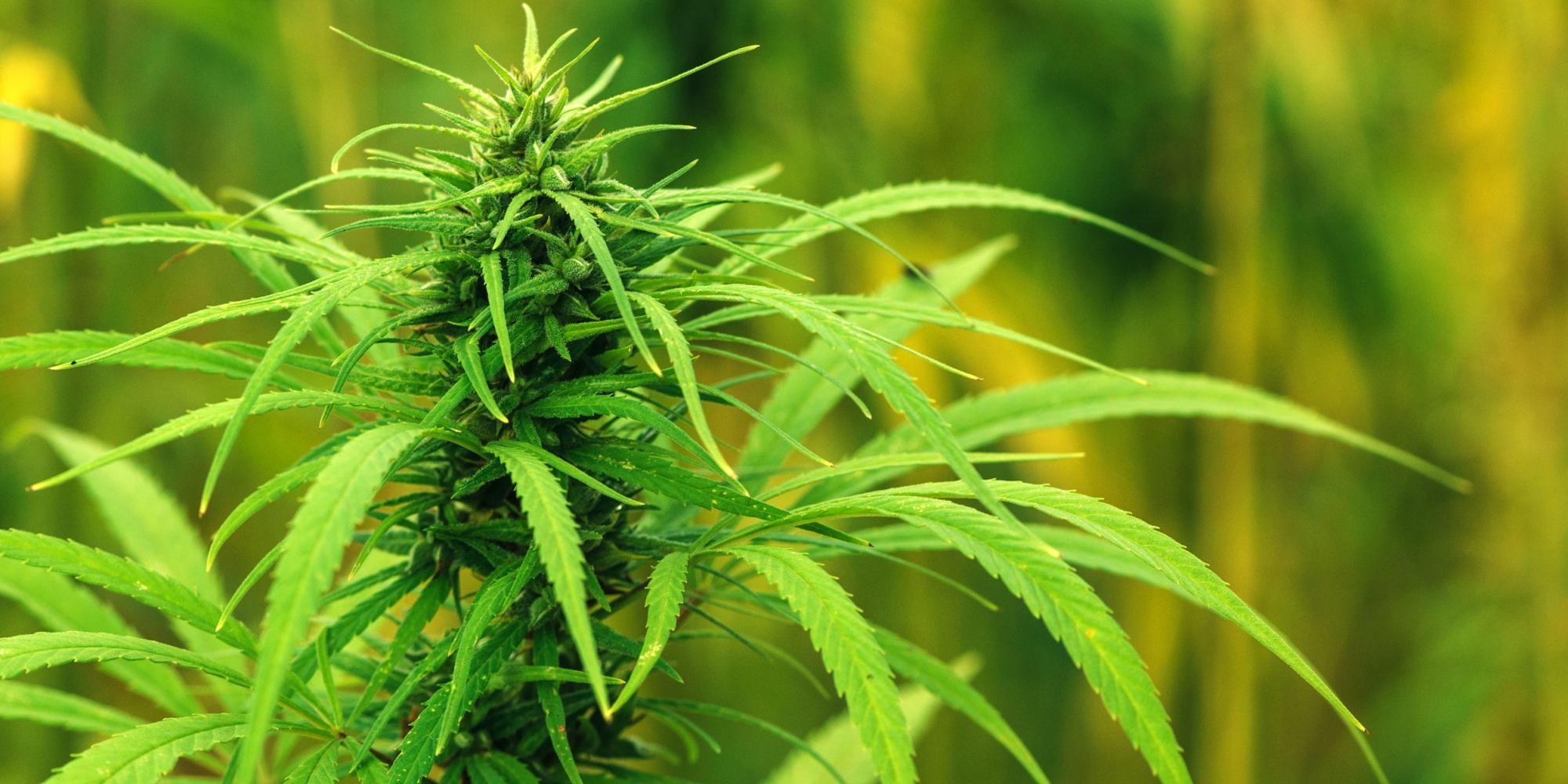11.21.2025
Sausage casings bulletin, November 21, 2025

...

The seed segment of hemp production is an explosive area, replete with litigation over unmet expectations. There are an astounding number of players in this space, and as with all things hemp, there is enormous diversity in terms of scale and scope of operations. Many are distributors, selling products that aren’t the result of in-house breeding or IP. Some are amateur breeders, that are creating a wide range of F1’s from mostly the same parent lines in circulation and subsequently marketing the unstable F1 progeny. Others are fully exploring the cannabis genome and leveraging cutting edge technology to produce cultivars that accomplish a number of aims, including reducing THC.
News of litigation from large transactions, as well as frustrations on the part of farmers traversing the highly efficient modern grapevine, have created some PR headwinds for the segment. Marketing may be the biggest issue impacting customer satisfaction, with seed companies falling short of customer expectations. Certainly, part of the issue is on the part of producers, many of whom do not understand the complexity of the task, that is to provide stable genetics. All kinds of self-proclaimed experts spread misleading information on the modern-day grapevine in forum posts or social media, adding to the confusion. Some expectations are basic, and need to be met to be viable. Germination rates and fem rates directly point to seed company practices, or handling practices on farm. The 25% germination rates some encountered were devastating to their efforts. By in large though, seed companies need to manage customer expectations with clear succinct marketing, and farmer outreach and education.
Other issues are specific, like the tendency of autoflower cultivars to flower prematurely in certain conditions or with cultural practices that impact root growth. These are far more challenging to negotiate by new producers, who may be successful at boilerplate production practices, but don’t yet understand the nuances that make any grower successful. Some learn all of this proactively; many will learn from their mistakes. The seed segment will bear some of that burden, seeing additional pressure early on here with such a vast number of new producers.
Education and outreach are essential for seed companies during the development of this industry. There is widespread learning occurring in the hemp space, on the part of producers, regulators, and university researchers. There is so much that is unknown, some of which is incorrectly assumed. Producing a crop in one environment with specific cultural practices won’t translate to another environment or production system. The systems will vary by farm, but it is the key to success for farms, that is to establish a program based on research, trial and error, and some luck. Each farm will be somewhat different, designed to meet specific goals or accommodate certain limitations like labor or risk.
There is excellent work happening in the seed segment, and some very bright and dedicated leaders like Jonathan Vaught of Front Range Biosciences or Wendy Mosher of New West Genetics, both of whom are taking a long-term industry building approach. Much of the seed industry will ride the coattails of these and other commercial innovators, but also university breeding programs like Larry Smart’s at Cornell. There is room for diversity in the hemp seed breeding segment, but what it needs most is research, education, proper trials and time. Some of this will be informal trials on the part of farmers, who are experimenting with CBG, fiber, and grain on their farms this year, as well as different CBD cultivars. This can be valuable work for an individual farm, community, or region.
One company that stands out in the market for their commitment to industry-building farmer education is HiLo seeds. HiLo originated their “Million Seeds Giveaway” at the World Ag Expo in California in February and were key sponsors for the event. The event is the largest ag trade show in the world, drawing an international crowd representing all facets of conventional agriculture. This was an opportune venue to expose farmers to hemp production, an effort spearheaded by high-impact hemp advocate Christian Gray. Initial winners of the seed giveaway were recently recognized and will get a big shot in the arm in the form of free inputs. Seeds are big part of the cost complex for the crop, and though they are coming off their highs of $1/seed or more, seed is still a big investment. They have also hosted regular educational webinars for producers, one of which Jacobsen analyst Chase Hubbard will participate on Thursday of this week, with a focus on hemp markets. For more info:
https://hilohempseed.com/hemp-events/hemp-market-health-future-of-hemp/